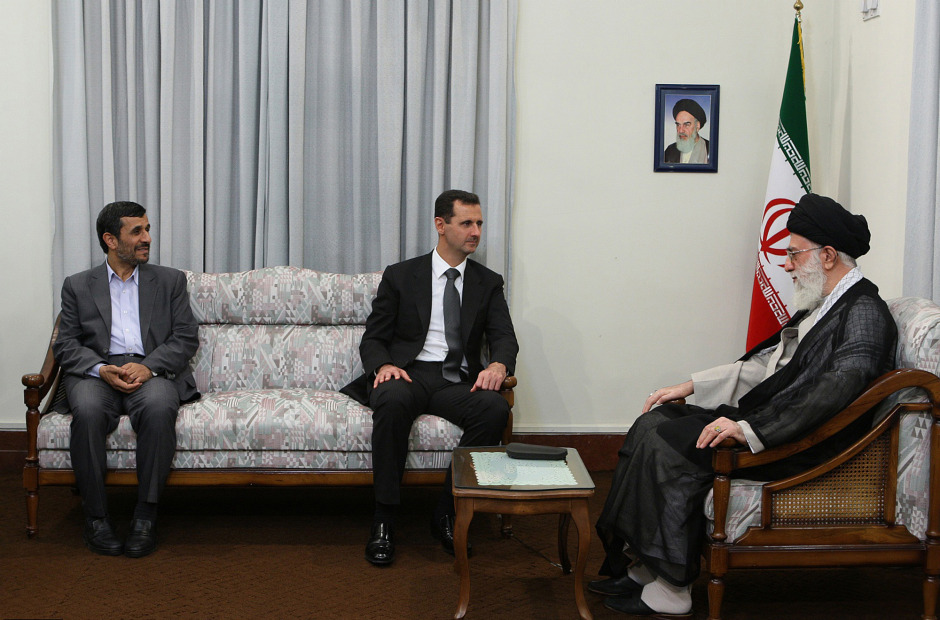Iran maintained a relatively low profile during the recent war in the Gaza Strip, but the few public comments its ferociously anti-Israel leaders uttered strongly suggest that the Iranian government is fully behind Hamas and intends to arm Palestinians in the West Bank.
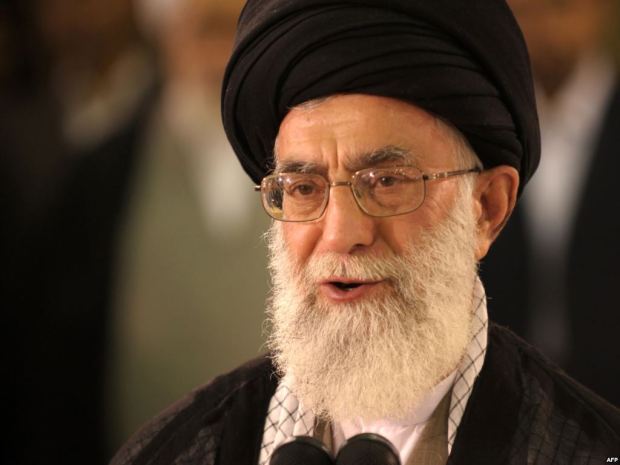
As the fighting raged, Iran’s supreme leader, Ayatollah Ali Khamanei, called on Muslims from around the world to send weapons to the Palestinians of Gaza and branded Israel a “rabid dog.”
It’s common knowledge that the technology underpinning Hamas’ rocket arsenal, particularly its stocks of Fajr-5 missiles, was supplied by Iran, which in the past has funnelled tens of millions of dollars to Hamas. A senior Iranian official, Mohsen Rezaei, confirmed Iran’s role in a recent interview with Al-Alam, the Arabic channel of Iran state television.
“Palestinian resistance missiles are the blessings of Iran’s transfer of technology,” he said. “We need to transfer defensive and military technology to Palestinians so they can build weapons under the (Israeli) blockade and defend themselves.”
Razaei disclosed he had written a letter to Iranian President Hassan Rouhani urging him to provide Hamas with air defence systems to hit Israeli aircraft.
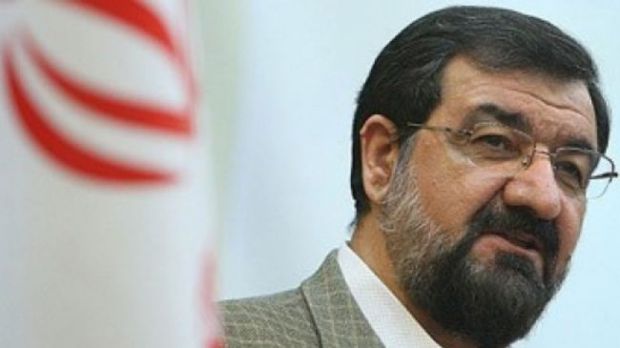
In a demonstrative sign of Iranian meddling in the Arab-Israeli conflict, Razaei called on Hamas to capture Israeli soldiers and use them as a bargaining chip in the struggle against the “Zionist entity.”
The head of Iran’s Quds Force, Gen. Qassem Suleiman, was just as emphatic.
In comments at the end of July, Suleiman asserted that the Palestinians have no alternative but to confront “the Zionist enemy” on the battlefield and “turn the land and the sky into hell for the Zionists.”
“Martyrdom for Palestine is a dream for every noble Muslim and freedom seeker,” he added.
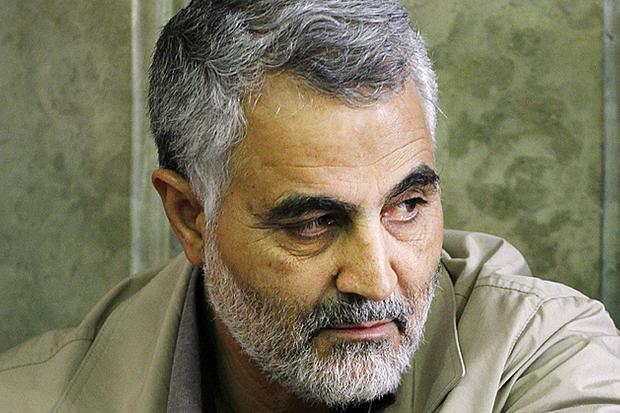
Suleiman, who of late has assisted Iraq in confronting the jihadist organization Islamic State, declared that Hamas will never be disarmed. As he said, “Disarmament of the resistance is a daydream that will only come true in the graveyard” for Israel.
Apart from its rhetorical barrages, Iran launched cyber attacks against Israel during Operation Protective Edge, the military campaign waged by the Israeli armed forces against Hamas.
Iranian hackers, having briefly hijacked the Israel Defence Forces’ Twitter account, claimed that Hamas rockets had hit the Dimona nuclear reactor and had caused a leak. The Iranians also attacked civilian websites and systems, the Israeli media reported.
On July 30, in the midst of the war, Amir Mousavi, a former advisor to Iran’s defence minister, told a Lebanese TV channel that Iran intended to send “strategic weapons” to Palestinians in the West Bank. “A new front must be opened in the West Bank, after its has been armed, especially with missiles,” he said.
On Aug, 28, two days after Israel and Hamas agreed to abide by an Egyptian ceasefire, Mohammed Reza Naqdi, the chief of the Basij militia, disclosed that Iran is stepping up efforts to arm the Palestinians of the West Bank.
“We will accelerate the arming of the West Bank,” he said.
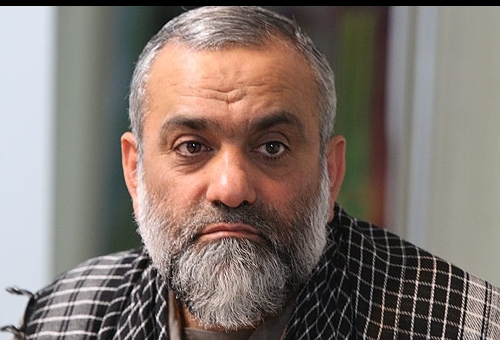
He claimed that Iran is taking this step to punish Israel for having sent a drone into Iranian airspace recently. It was shot down near an Iranian nuclear site. Iran and the six major powers are currently deep into negotiations over its nuclear program, which Israel opposes and has threatened to destroy.
The pro-Hamas policy Iran flaunted during the Gaza war may mean that Tehran has forgiven the Hamas leadership for having turned against Syria, Iran’s main ally in the Arab world. Hamas, a Sunni organization, refused to endorse Syrian President Bashar al-Assad’s Shiite regime, which is battling Sunni rebels in a civil war.
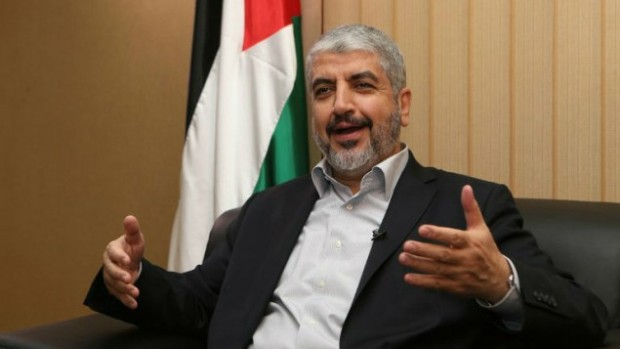
As a result of its position, Hamas closed its offices in Syria, while Hamas political leader Khalid Mashaal left Damascus and settled in Qatar, which opposes the Assad regime.
